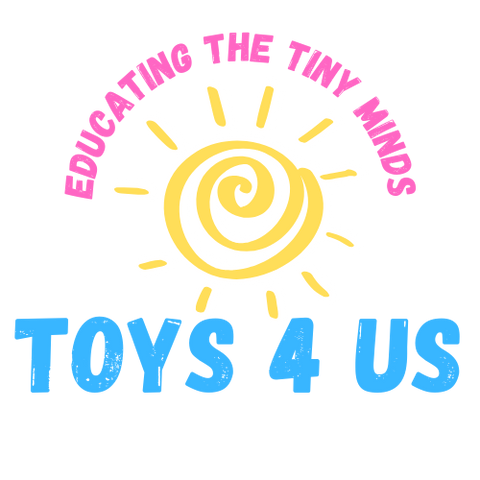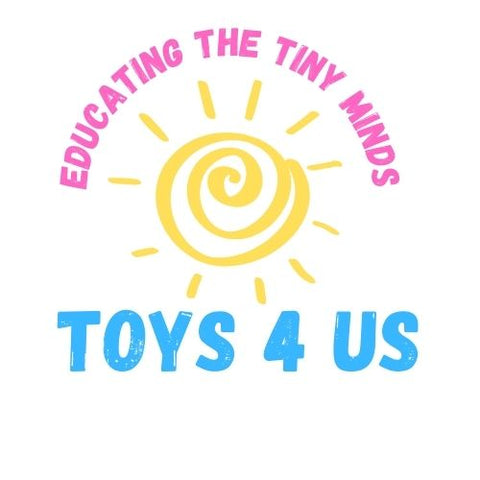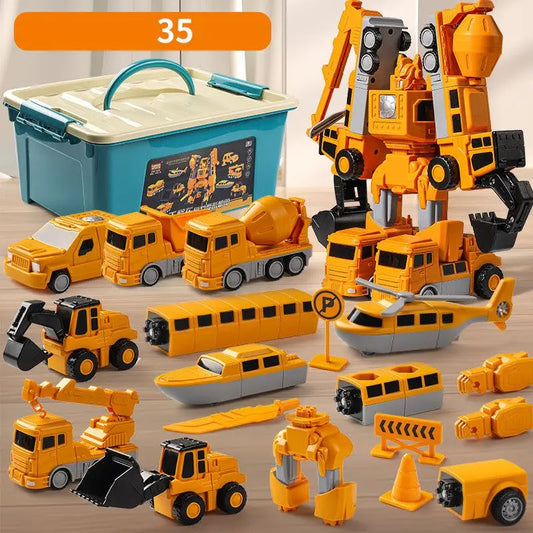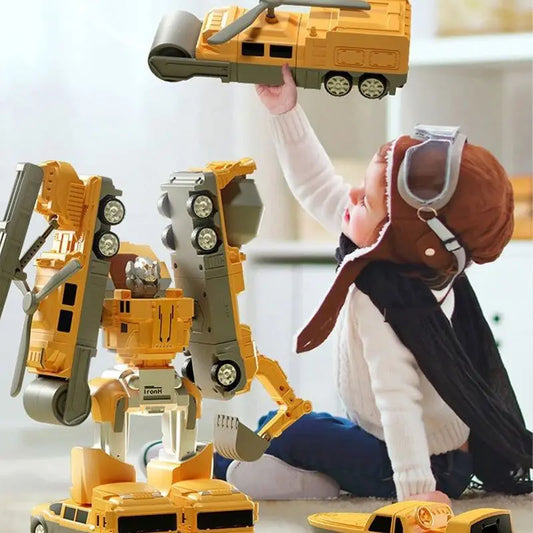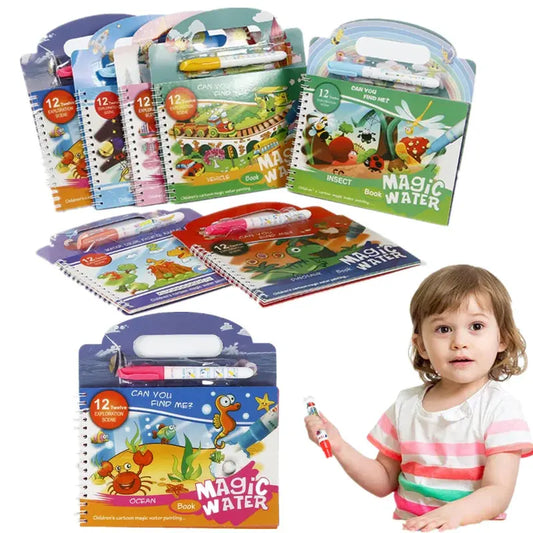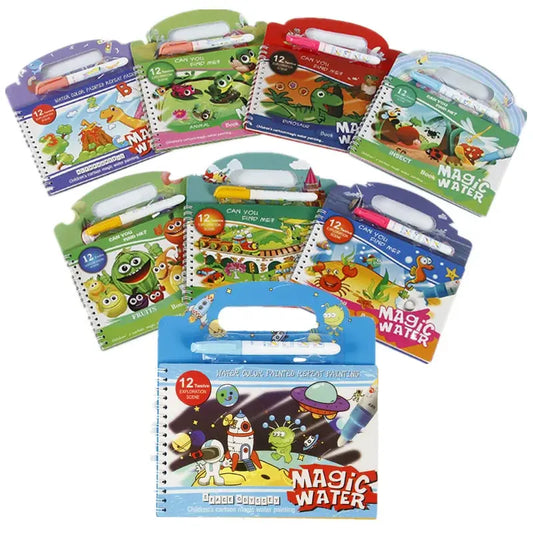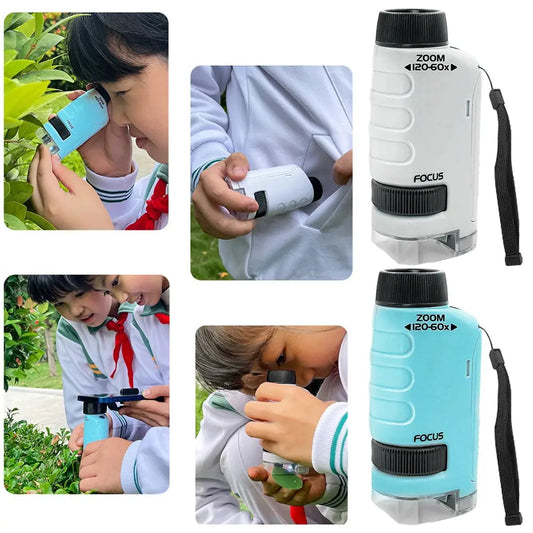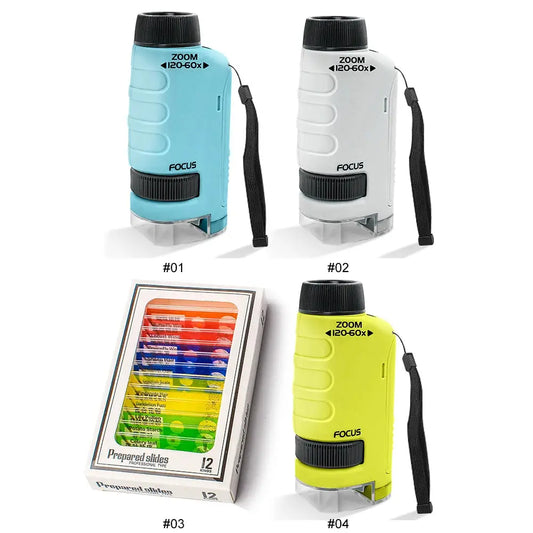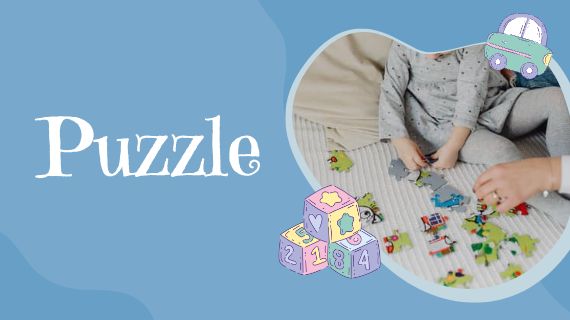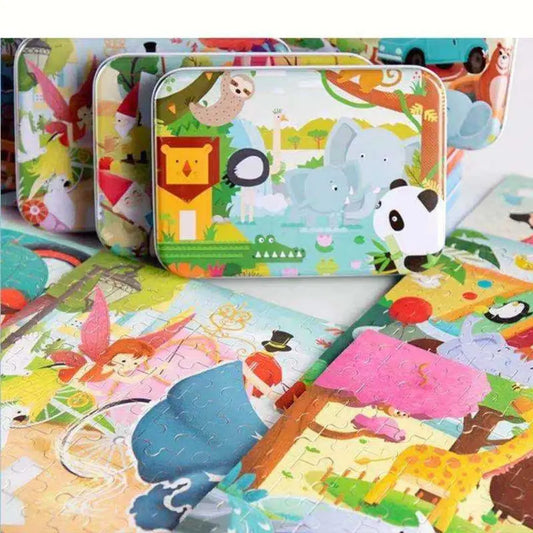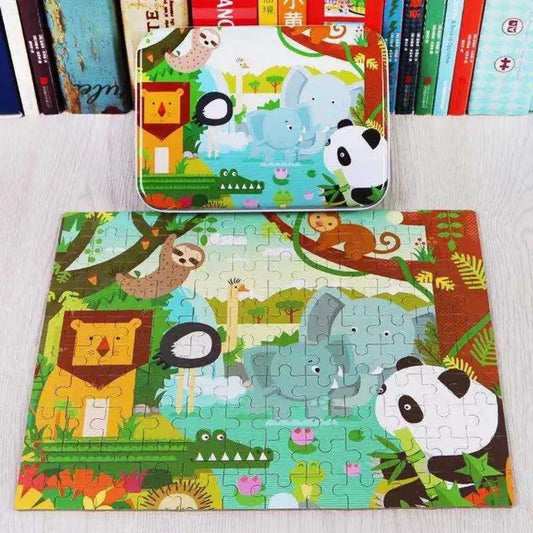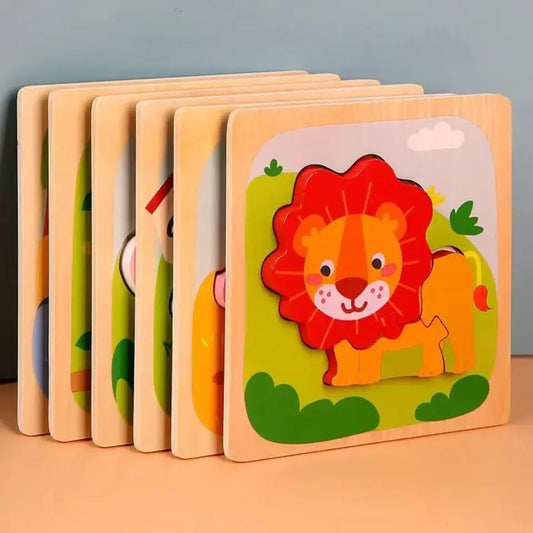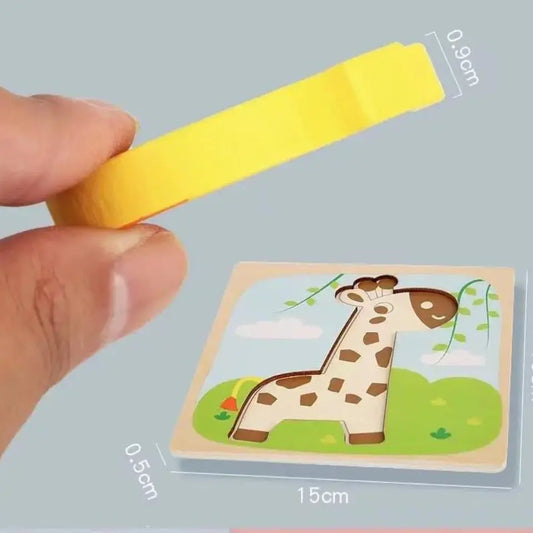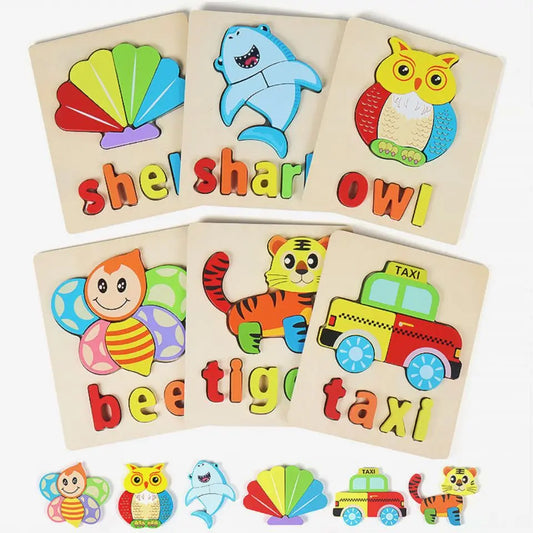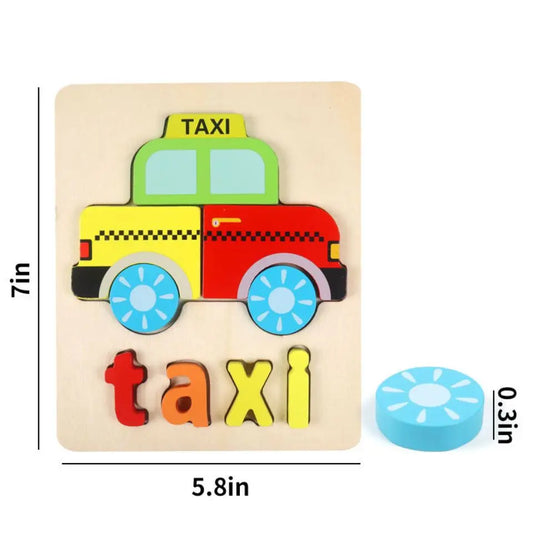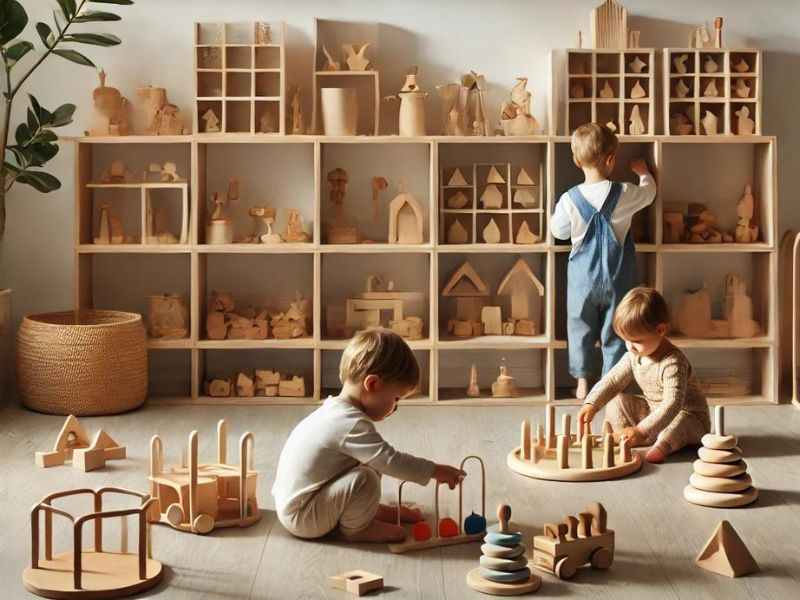Choosing the right toys for a child’s development is a significant decision for parents and educators, especially during the early years when children’s cognitive, physical, and social skills are rapidly developing. Montessori toys have gained widespread popularity in Australia for their ability to support independent learning, creativity, and hands-on exploration. In this Guide to Montessori Toys in Australia, we will explore how these toys play a vital role in Building Cognitive Skills Through Play. The simplicity and purpose of Montessori Toys Australia make them an excellent tool for encouraging children to think critically, solve problems, and develop essential life skills through play.
Montessori toys are designed based on the educational principles of Dr. Maria Montessori, emphasizing child-centered learning. These toys allow children to engage in activities that promote concentration, coordination, and independence. Whether it’s a stacking toy, a wooden puzzle, or a practical life set, Montessori toys focus on real-world learning, helping children understand the world around them. By encouraging open-ended play, these toys foster a child’s natural curiosity and allow them to learn at their own pace without unnecessary distractions.
Understanding the Montessori Method
Before diving into how to choose Montessori toys, it’s important to understand the educational philosophy behind these toys. The Montessori method, developed by Dr. Maria Montessori, focuses on child-centered learning. In this approach, children are encouraged to learn through hands-on activities and real-world experiences. Montessori toys are designed to foster concentration, problem-solving, and self-discipline. They offer children the opportunity to engage with their environment in a meaningful way, helping them develop skills that will serve them throughout life.
One of the key principles of the Montessori method is that children learn best when they are given the freedom to explore and make choices. Montessori toys are open-ended, meaning there is no single correct way to use them. This encourages creativity and independence, allowing children to take ownership of their learning process.

Key Features of Montessori Toys
Montessori toys are distinct in their design and purpose. Below are the main characteristics that define Montessori toys:
-
Natural Materials: Montessori toys are typically made from wood, metal, or other natural materials. These materials provide sensory feedback that helps children learn through touch and interaction. For example, wooden blocks, puzzles, and tactile toys allow children to feel different textures and weights, enhancing their sensory development.
-
Simplicity and Purpose: Unlike many modern toys that are flashy or overly complicated, Montessori toys are simple and purposeful. They are designed to focus on one or two specific skills, such as stacking, sorting, or counting, which allows children to concentrate without distractions.
-
Open-Ended Play: Montessori toys encourage creativity and independent thinking. Children are not limited to one way of playing with the toys, which means they can explore different ideas and problem-solving strategies on their own.
-
Self-Correcting: Many Montessori toys are designed to be self-correcting, meaning that children can identify when they have made a mistake and fix it without adult intervention. This promotes independence and confidence in their abilities.

Choosing Montessori Toys by Age Group
Montessori toys are specifically designed to match a child’s developmental stage. Here’s a breakdown of the types of toys that are suitable for different age groups:
Infants (0–12 months)
During the first year of life, babies are primarily focused on developing their senses and motor skills. At this stage, it’s important to choose toys that stimulate their senses and help them practice basic movements like grasping, holding, and shaking.
Recommended Montessori toys for infants:
- Rattles: Simple wooden rattles help babies develop their grip and hand-eye coordination.
- Grasping Toys: Soft, lightweight toys that babies can easily hold and manipulate.
- Mobiles: Montessori mobiles, which use high-contrast colors, are designed to help babies develop their visual tracking skills.
- Soft Fabric Balls: These help with rolling, kicking, and early movement.

Toddlers (12–36 months)
As children enter toddlerhood, they begin to explore the world around them more actively. At this stage, toys that encourage movement, problem-solving, and fine motor skills are ideal. Toddlers also start developing a greater sense of independence and are interested in imitating adult activities.
Recommended Montessori toys for toddlers:
- Stacking Rings: These help toddlers learn about sizes, colors, and improve hand-eye coordination.
- Shape Sorters: Encourage problem-solving as children learn how to match shapes with corresponding holes.
- Pegboards and Bead Threading: These toys improve fine motor skills and dexterity as children manipulate small objects.
- Practical Life Toys: Toys like child-sized kitchen sets, cleaning tools, or dressing frames allow toddlers to practice real-life tasks independently.
Preschoolers (3–6 years)
By the preschool years, children are developing more complex thinking skills and enjoy engaging in activities that challenge their minds. Toys that focus on early math, reading, and social skills are particularly beneficial at this stage.
Recommended Montessori toys for preschoolers:
- Puzzles: Simple wooden puzzles teach problem-solving and improve concentration.
- Counting Beads: Help children learn about numbers, counting, and basic arithmetic.
- Practical Life Kits: Gardening sets, kitchen tools, or sewing kits that teach children practical skills while encouraging independence.
- Role-Playing Toys: Dolls, animals, and play figures that promote creativity and social interaction.
Benefits of Montessori Toys
The benefits of choosing Montessori toys for your child are numerous. Here are some of the key advantages:
-
Promotes Independence: Montessori toys encourage children to take control of their learning, allowing them to explore and problem-solve on their own. This helps them become more confident and self-reliant.
-
Supports Cognitive Development: Many Montessori toys are designed to enhance cognitive skills such as memory, problem-solving, and logical thinking. Toys like puzzles and counting games challenge children to think critically and develop their mental abilities.
-
Develops Fine and Gross Motor Skills: From stacking rings to threading beads, Montessori toys are excellent for developing a child’s motor skills. These toys help children build the strength and coordination needed for tasks like writing, drawing, and physical activities.
-
Fosters Creativity and Imagination: Montessori toys are open-ended, meaning children can use them in different ways depending on their imagination. This flexibility allows children to explore their creativity and come up with new ideas during playtime.
-
Encourages Focus and Concentration: Montessori toys are designed to be simple yet engaging, which helps children focus on the task at hand. This promotes deep concentration and perseverance as they work through challenges.

How to Choose the Right Montessori Toy for Your Child
When selecting Montessori toys, it’s important to consider your child’s age, interests, and developmental stage. Choose toys that will challenge your child without overwhelming them. Look for toys that encourage problem-solving, creativity, and independent thinking.
Another factor to consider is the quality of the materials. Montessori toys are usually made from natural, eco-friendly materials like wood, which makes them durable and safe for children to use. Avoid plastic, battery-operated toys that can distract from the learning experience.
Finally, think about how the toy will grow with your child. Many Montessori toys are designed to be used in multiple ways, allowing them to remain relevant as your child’s skills develop.
Conclusion
Choosing the best Montessori toys for your child’s development can have a profound impact on their growth and learning. These toys are not just playthings—they are educational tools that promote independence, cognitive skills, creativity, and motor development. By selecting the right Montessori toys for your child’s age and developmental stage, you are providing them with the resources they need to thrive.
In this guide, we have explored the importance of Montessori toys, how to select them based on your child’s needs, and the key benefits they offer. Whether your child is an infant, toddler, or preschooler, Montessori toys can support their journey toward becoming confident, capable learners.
